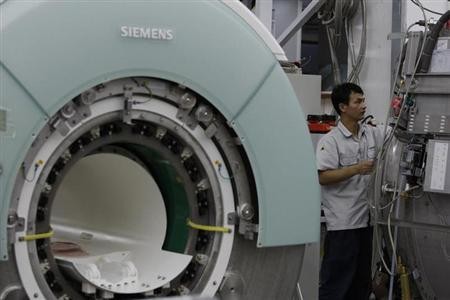The impact of Edward Snowden's whistleblowing decision continues to reverberate in the geopolitical realm this week, as Beijing's new regulations for foreign technology businesses are the subject of heated discussions.
Accusations of protectionism have been broadcast, as big names like Cisco Systems and Qualcomm have raised objections to policies that insist on the sole use of technology that can be controlled by Chinese authorities.
Cybersecurity has been cited as the reason for a new 22-page legislative document that was passed by the Chinese government at the end of last year.
According to the New York Times, the approved document instructs companies that wish to do business with China's banking sector to disclose confidential source code information, comply with audits, and ensure that all hardware and software can be accessed through "back doors."
Foreign technology companies have managed to secure a copy of the new rules and have sent a letter to the Communist Party committee on cybersecurity, led by President Xi Jinping, which arrived on Wednesday. The U.S. Chamber of Commerce is among the letter's signatories, joining in the call for "urgent discussion and dialog."
For massive entities like IBM, EMC, Microsoft Corp. and Hewlett-Packard Co., the Chinese market is simply too lucrative to pass over, making the negotiation process worthwhile, as well as critical.
The IDC research body expects China to spend $465 billion in 2015 on information and communications technology, while the expansion of China's tech market will represent just under half of the planet's tech-sector growth.
The nation's banking regulatory body, the China Banking Regulatory Commission, continues to complete a research initiative involving China's banking and financial sector to better understand the security status of its technology areas.
According to the commission in 2014, Beijing would like at least 75 percent of the IT products used in the financial sector to be under Chinese control.



























